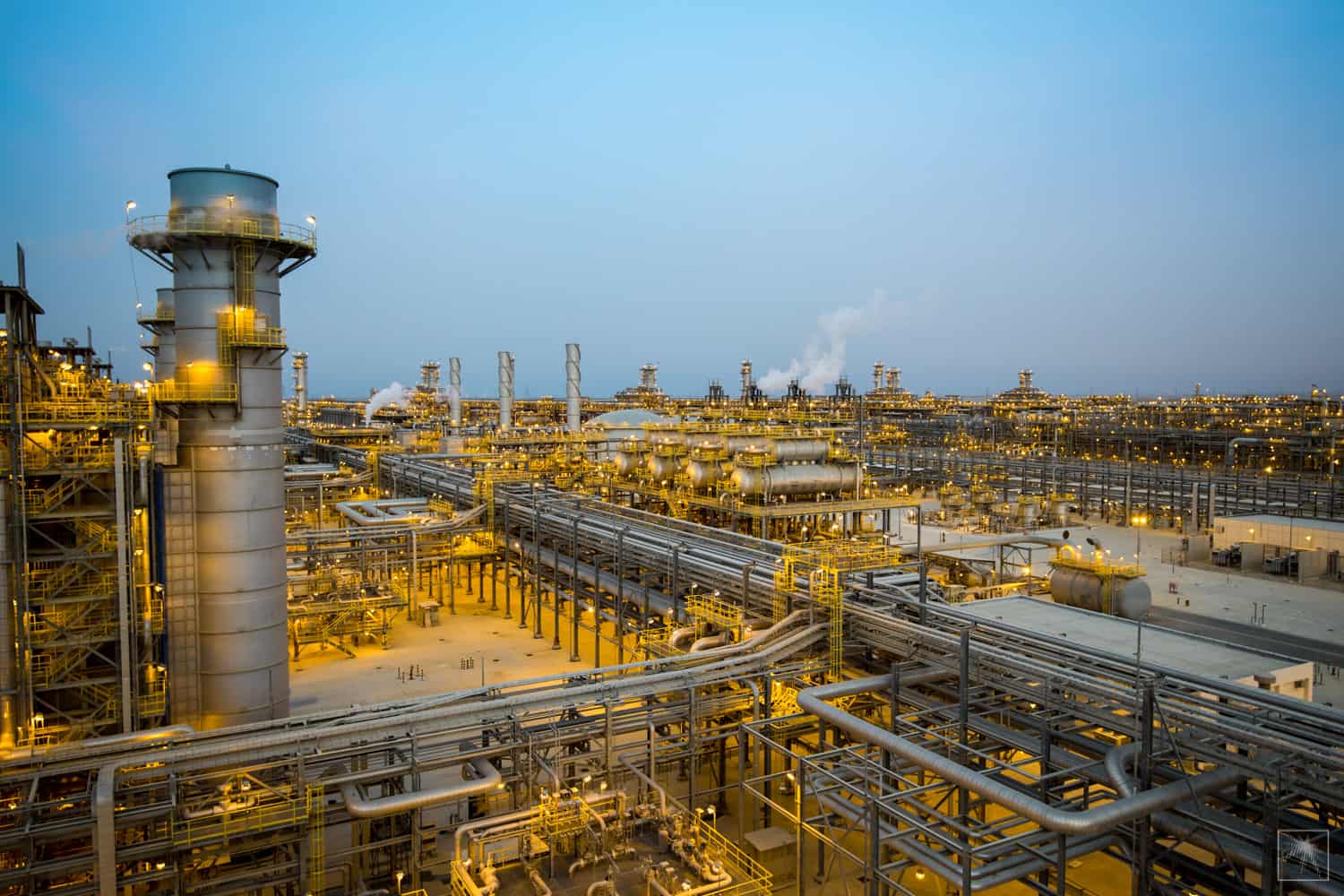The rise in global gas prices by almost 70 percent since the beginning of the year, as well as disruptions in supplies to Europe and major consuming countries, has contributed to a hectic race among the world’s leading hydrocarbon producers to discover new gas reserves.
Against this backdrop, Saudi Arabia announced high expectations for gas production from the Al-Jafurah field by 2030.
It expects the field to contribute to its third-place ranking among global gas producers, after Russia and Qatar.
The field is also expected to help Saudi Arabia compete for the second spot from its Gulf neighbor.
During a conference on the marketing of unconventional resources, Saudi Aramco CEO Amin Al-Nasser stated that the company expects the Al-Jafurah field to deliver nearly 2 billion cubic feet per day of gas by 2030.
Al-Jafurah is the kingdom’s largest non-associated gas field, with reserves estimated at 200 trillion cubic feet of raw Gas.
Large investment
Saudi Arabia, the world’s top oil exporter, is expanding its unconventional gas reserves.
Energy Minister Prince Abdulaziz bin Salman Al Saud stated that the Al-Jafurah field project would not exceed $1.3-1.6 billion in state funding.
Al-Jafurah field is predicted to have substantial economic ramifications for the kingdom, particularly in terms of gas, contributing to cost savings and oil export — a priority for the country.
According to Aramco’s website, it expects gas output to reach approximately 2.2 billion cubic feet by 2036, in addition to 425 million cubic feet per day related to ethane. It further stated that the Al-Jafurah field would generate around 550,000 barrels of gas liquids and condensate per day.
The Jafurah field is 170 kilometers long and 100 kilometers wide, with more than 200 trillion standard cubic feet of wet raw gas reserves, including ethane, gas liquids, and condensate.
It is predicted that natural gas production from Al-Jafurah will begin by the end of 2024, with production reaching 2 billion standard cubic feet per day of sales gas when the field is fully developed.
Saudi Arabia also intends to be one of the most influential in defining global policies in the gas market.
It anticipates that the amount of gas produced from the Jafurah field would surpass the kingdom’s demands and might be ready for export in the future.
Gas emissions and climate change
Saudi Arabia has recently stated that it aspires to reduce greenhouse gas emissions to zero by 2060.
However, its investment in the Al-Jafurah gas field raises concerns about the its resolve to meet its obligations to battle climate change, cut harmful emissions, and rely on sustainable energy.
On the other hand, Al Nasser stated: “Gas is the cornerstone of the transition to renewable energy sources, mainly since blue hydrogen can be produced from it, and especially since gas is a required energy source for the future decades.”








